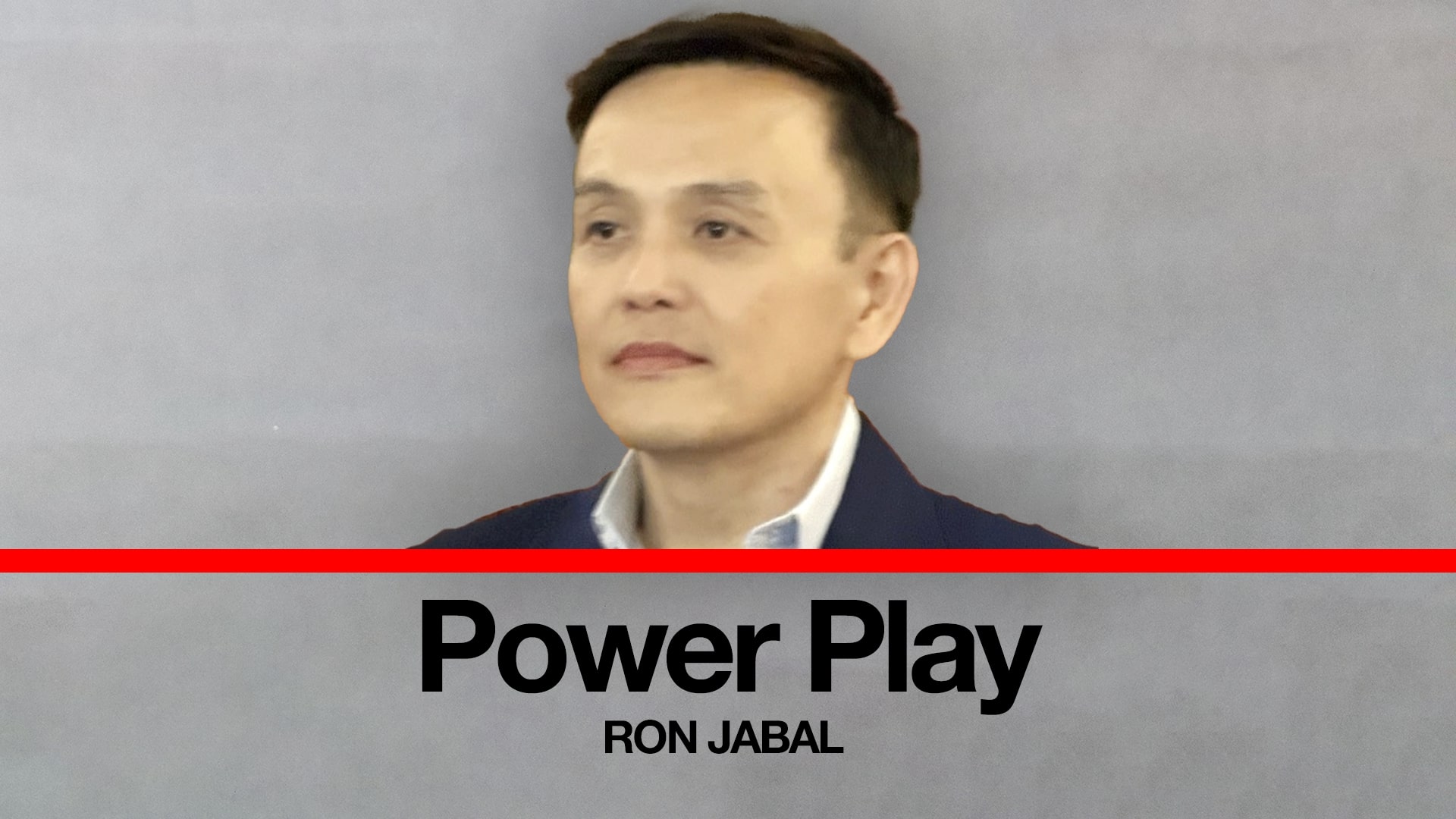The recent exchange between Pasig Mayor Vico Sotto and broadcaster Korina Sanchez is more than a quarrel between a young politician and a seasoned journalist. It is a mirror held up to the uneasy relationship between media, money, and politics in the Philippines.
Mayor Sotto’s Facebook post did not accuse anyone directly of criminal conduct, but it struck a nerve. He asked a simple question: “Uy teka, ba’t kaya handa ’to magbigay ng 10 million para lang magpa-interview sa akin?” His point was not about legality but about ethics: the responsibility of journalists, who trade in credibility, to guard their reputations against being rented by those seeking legitimacy.
Korina Sanchez’s first response was combative, even insulting, dismissing the allegations as “cyber libel” and lashing out at Sotto’s intellect. Later, her camp walked back and issued a toned-down, more corporate explanation: that her shows simply tell life stories, do not produce “hit pieces” or “puff pieces,” and that interview content is legitimate property of the production company.
But the controversy has already done its work. The public now debates not only Sotto’s critique of systemic corruption, but also the broader question: how much of what we consume in media is truly journalism and how much is paid content dressed up as news?
The problem is not limited to one program or personality. “Sponsored content” is widespread. Networks issue receipts, productions are underwritten, and brands or politicians gain visibility under the guise of storytelling. Technically legal, yes. But morally? That is where the tension lies. When citizens cannot distinguish between editorial integrity and advertorial convenience, trust erodes.
This is where Sotto’s argument resonates. Corruption, he says, is systemic not confined to government procurement but woven into cultural and professional practices. That includes media. Breaking the cycle requires honesty: from politicians who must resist shortcuts, and from journalists who must refuse to rent out their credibility, however tempting the placement.
The fallout here is reputational. Sotto reinforces his image as the principled outsider who calls out entrenched practices. Korina, meanwhile, appears to be defending an industry norm that many Filipinos already distrust.
This clash will fade, as all social media storms do. But the underlying lesson must remain: in a democracy, journalism cannot afford to be confused with marketing. Otherwise, public trust, the only real currency both politicians and journalists share, will continue to depreciate.


